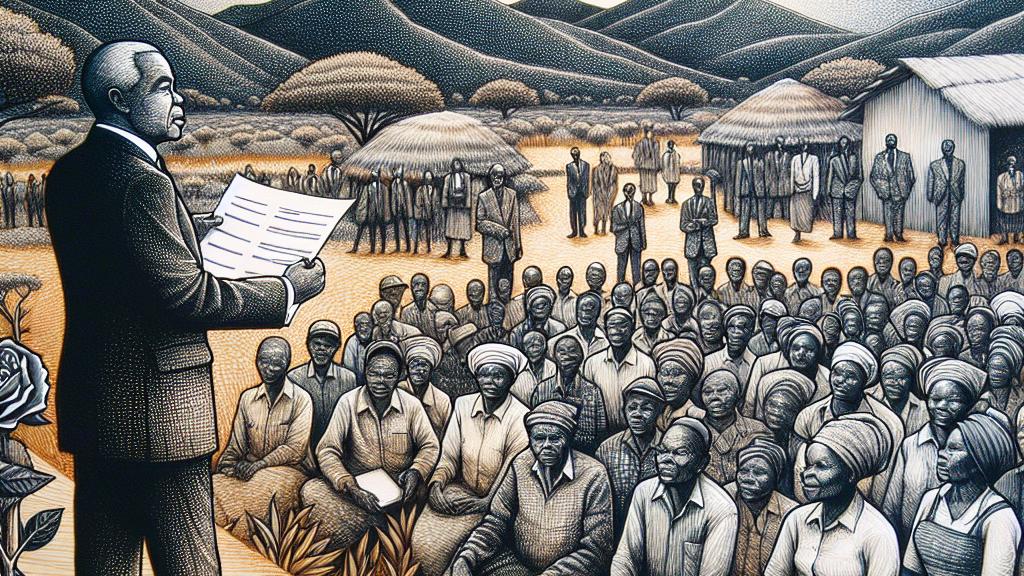Botswana's New President Advocates for Legalisation of Zimbabwean Migrants
Overview
- Botswana's President Duma Boko leads an initiative to legalise undocumented Zimbabweans, underscoring the need for integration and economic improvement.
- His proposal focuses not just on work permits, but also on skill-sharing that can transform the local job landscape.
- Facing potential public opposition, Boko emphasizes collaboration and long-term benefits for all involved.

Botswana's Challenge with Zimbabwean Migrants
In the vibrant nation of Botswana, a critical challenge stands before President Duma Boko: the substantial number of undocumented Zimbabwean migrants. Fleeing Zimbabwe's dire economic conditions, many have crossed the border seeking better lives and opportunities. Astonishingly, these migrants make up about 98% of Botswana's irregular population, frequently taking on roles in agriculture and domestic work—jobs that often go unfilled by locals. Recognising the struggle, President Boko proposes to legalise these individuals, granting temporary work and residence permits. This plan not only addresses the humanitarian aspect but also highlights a pressing question: how can Botswana harness this resourceful community for mutual benefit?
Economic Revival Through Integration
Boko's vision extends beyond mere legalisation; he sees this as a pathway toward economic revival. Imagine Zimbabwean craftsmen, skilled in trades like plumbing and building, working alongside Batswana in construction projects. Why not let these individuals contribute fully to the economy? For example, allowing legal access to the workforce can lead to a significant increase in productivity in sectors notoriously in need. African nations often experience brain drain, but Boko's strategy flips this notion, advocating for skill-sharing that enriches both migrant workers and locals. The underlying sentiment is clear: integrating these migrants could create a stronger, more skilled workforce, ultimately benefiting all of Botswana.
Navigating Public Sentiment and Future Goals
Despite the potential advantages, public sentiment may not be wholly in favor. Many citizens might feel apprehensive about integrating a large migrant population. However, Boko counters this fear with optimism and vision. He stresses the importance of community engagement, emphasising that the legalisation of Zimbabweans can help mitigate crime, as individuals are less likely to resort to illegal activities when they have legitimate means to support themselves. With Botswana's unemployment rate hovering around 30%, this proposal gains urgency. Boko’s ambition to create 100,000 jobs annually relies heavily on collaboration and investment, particularly in key industries like diamonds and tourism. His focus is not merely on addressing immediate concerns but on paving the way for a prosperous and inclusive future—a vision where both Batswana and Zimbabweans thrive together.

Loading...